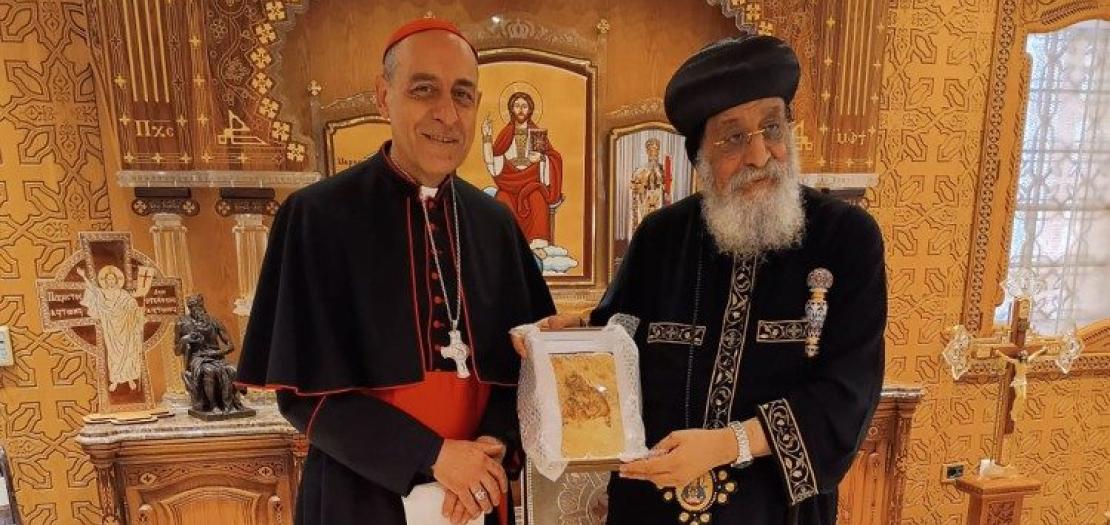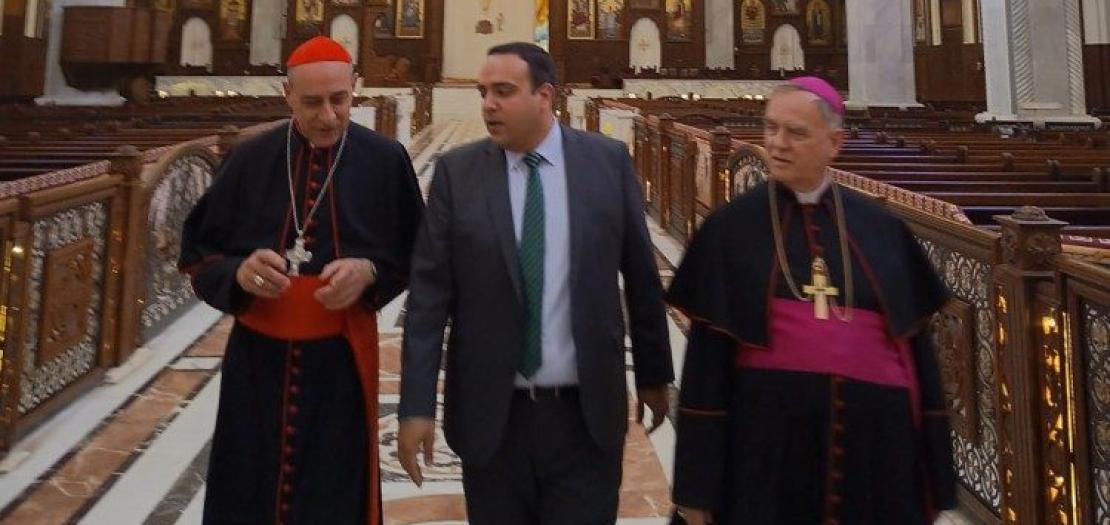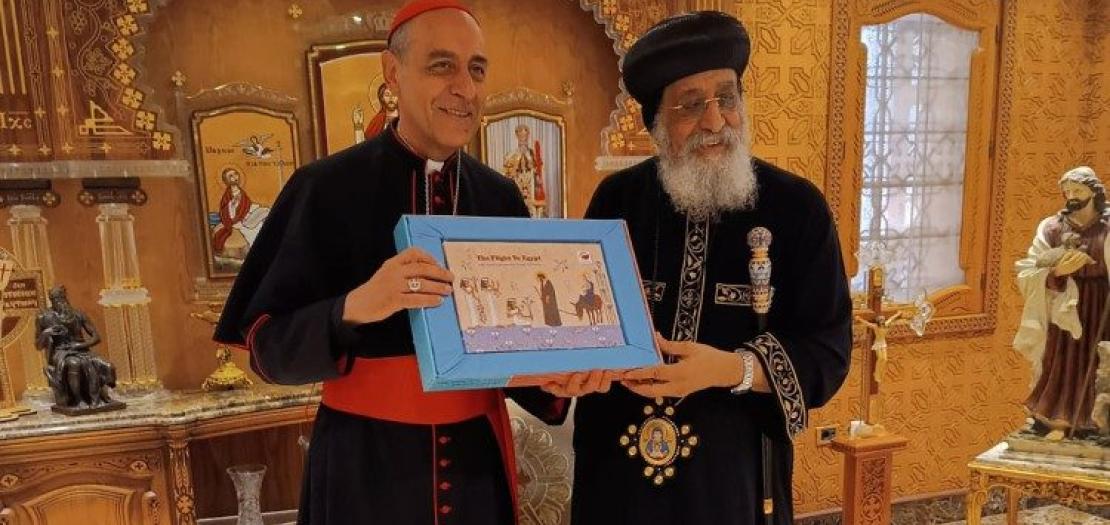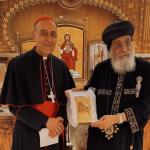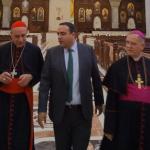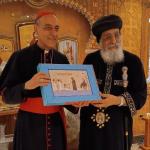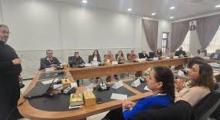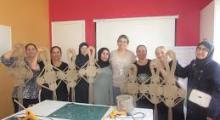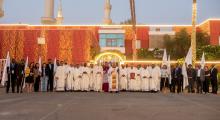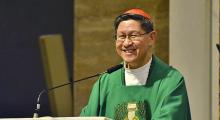Issued by the Catholic Center for Studies and Media - Jordan. Editor-in-chief Fr. Rif'at Bader - موقع أبونا abouna.org
On Wednesday, May 22, Pope Tawadros II, the head of the Coptic Orthodox Church, received Cardinal Victor Manuel Fernández, Prefect of the Dicastery for the Doctrine of the Faith, in Cairo. They discussed the declaration Fiducia supplicans and the Coptic Holy Synod’s March 7 statement regarding "same-sex marriage". This was reported in a communiqué from the Coptic Orthodox Church itself.
Fernández conveyed greetings from Pope Francis, recalling the pair's previous meetings. The focus of the discussion was on the declaration Fiducia supplicans, published last December by the Vatican Dicastery. In March, the Coptic Synod released a declaration reaffirming its rejection of “so-called same-sex marriage.” Cardinal Fernández reiterated that both Fiducia supplicans and the subsequent doctrinal declaration, Dignitas infinita, affirm that marriage is solely the union between a man and a woman open to the transmission of life, and confirmed the Catholic Church’s opposition to "same-sex marriage".
Vatican News has been informed that the Prefect of the Dicastery for the Doctrine of the Faith explained to His Holiness Tawadros II that the Catholic Church shares the teachings of the March 7 declaration, and has a positive view of its pastoral approach. Regarding Fiducia supplicans, Fernández explained that—as Pope Francis told the DDF plenary assembly — these blessings are not given to the union between individuals. If two people present themselves together, they can be blessed, making the sign of the cross over each and adding a short prayer. But this must happen briefly, spontaneously, without any rite, without liturgical vestments, and without any outward manifestation that might confuse this blessing with a marriage.
What is most important, the Prefect explained, is to ensure that these kinds of simple, spontaneous, and pastoral blessings can also be imparted on the street, during pilgrimages, and can be received by everyone, regardless of their condition. This is not, in this case—Fernández specified—"sanctifying grace" but those aids of the Holy Spirit that Catholics call "actual graces," which push the sinner towards conversion and maturation.
During the conversation, Tawadros II also explained to Fernández the historical, cultural, and social ethos of the Egyptian people, who have been very connected to the Nile River throughout their history. While he was in Cairo, the Cardinal met with other patriarchs and bishops—Catholic, Orthodox, and Protestant—discussing matters pertaining to the Dicastery.


